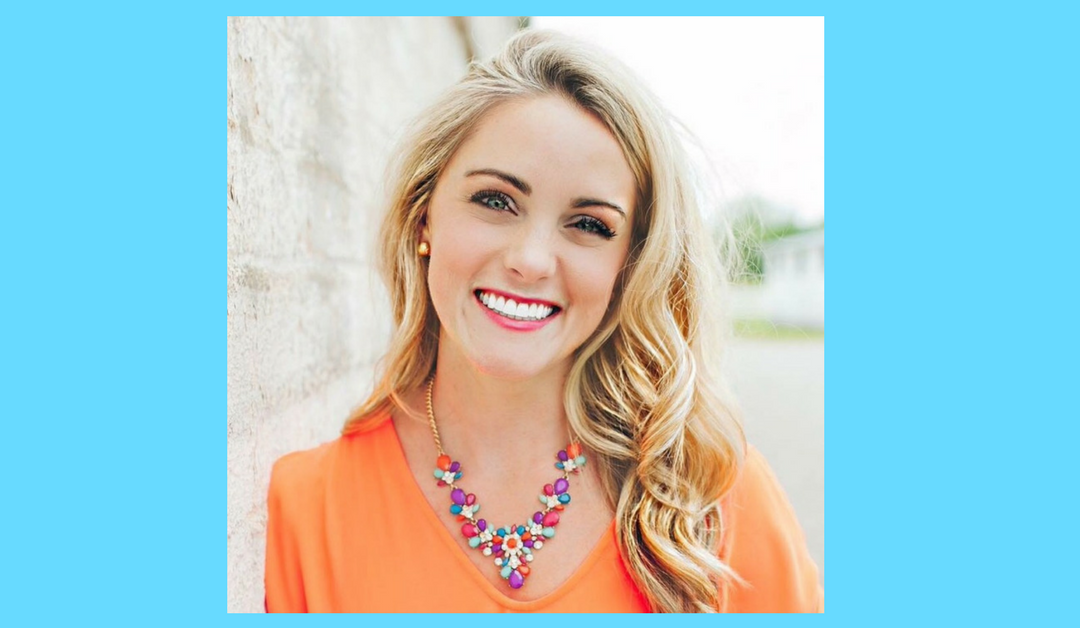
You’ve established your Why, identified your dream Coach, and put in the time to plan out your 2018 goals. But now that you’re ready to start, why is it so hard to make things happen? Why are you allowing laziness or distractions to take you off course? If you find you’re struggling to make progress toward your goals, I’ve got an important question for you -- what's your plan for accountability?
We’ve built Traktivity to provide you with daily, on-screen accountability and real-time feedback on your progress, but having a personal accountability partner, or a group of partners, is also a critical part of your business toolkit. For many people, it’s easier to keep on top of goals and making progress when you’ve got someone to keep you honest. After all, you’re only human, and sometimes, without some external encouragement and tough love, it’s easier to take a break than knuckle down and do the work.
So, just how important is it to have effective accountability?
Well, according to the American Society of Training and Development (ASTD) and as noted by businessman Thomas Oppong, a study on accountability found that you have a 65% chance of completing a goal if you commit to someone. But, if you’ve taken this one step further and established an accountability practice with this person, you will increase your chance of success by up to 95%.
I know in my own story of building my business, accountability was a key factor for success. Early on, I joined a small group of around 6 partners and we created an accountability group on Facebook. We posted there almost every day, sharing our successes, goals, challenging each other, and keeping it positive no matter what. I worked even harder knowing that I had this small group of partners and friends who knew what I was going through and allowed me to see their own work, vulnerability, and dedication.
A year after we created this group, I hit a huge milestone of business growth -- and within the same hour, one of my accountability partners hit the same milestone! Fast forward three years, and now all of us are in the top levels of our company and now leading and investing in others. I'm confident that our accountability group and our daily actions to support and challenge each other were critical factors in our success.
Filling The Gaps
So, how do you know what to look for in an accountability partner or group? Just like coaches, accountability partners can be most powerful when they look like someone you’d like to be and possess skills you don’t. Linda Galindo, author of The 85% Solution: How Personal Accountability Guarantees Success, calls accountability partners an entrepreneur's secret weapon. By “looking for someone who has the qualities you lack,\" Galindo says, an entrepreneur can accelerate business growth.
And while an ideal accountability partner will be strong where you’re weaker, in order to help keep you on track when it’s hard, it’s also valuable to pick someone who inspires you, a go-getter who you want to impress. Looking up to your partner will help keep the pressure on, as you won’t want to disappoint either yourself or your partner.
Know Yourself First
Different types of accountability work for different people. You might be most motivated with a single partner, where you check in regularly in person to review progress toward goals. Or, you may recruit a Facebook group where each person takes a day of the week and posts updates and asks for help.
Maybe you respond best to negative incentives, like donating money to a cause you don’t support or posting an embarrassing photo on social media. Or perhaps you’re most motivated by data and statistics, numbers that show you where you’re succeeding, and where you’re falling flat.
You may need to try a few methods before you find one that works for you, but once you’ve discovered it, I’ll bet you’ll start to see more progress, faster than you have ever before.
Share your own tips for accountability on our Facebook or Instagram pages, and use #TRAKstar to connect with others in our community. We can all learn from each other!


